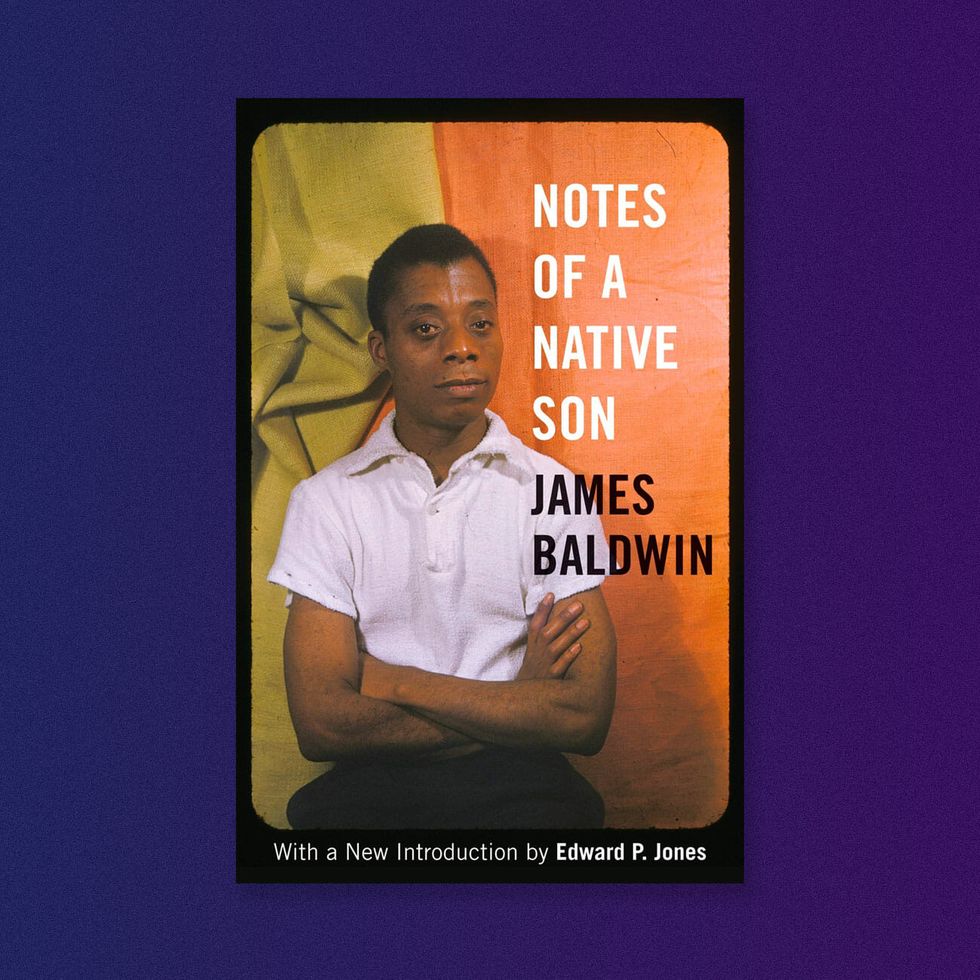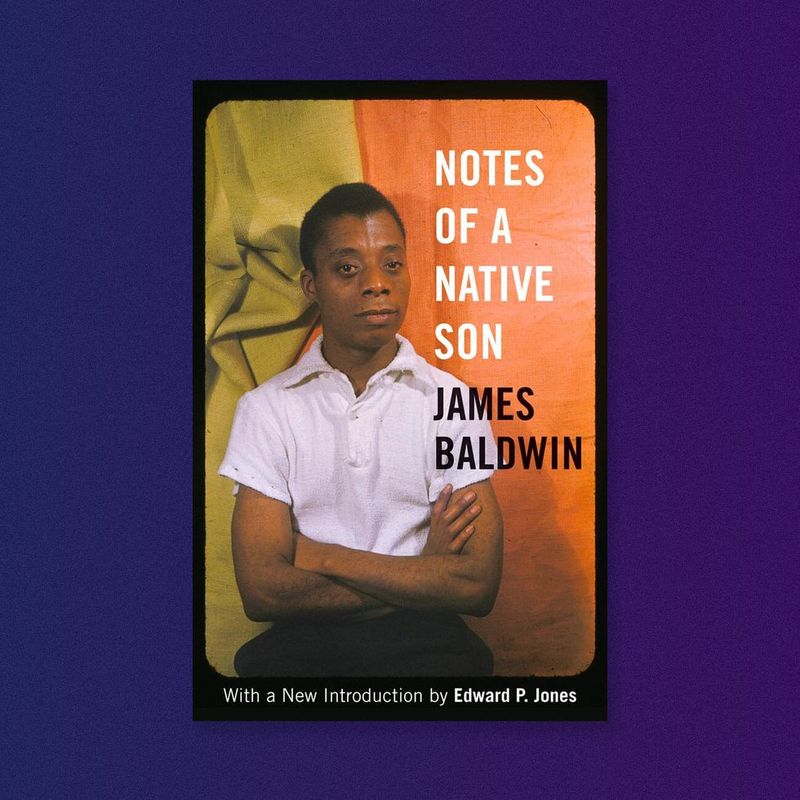A Critic's Meta-Review: 5/5

Notes Of A Native Son (REVIEW)
To those of you who may be wondering why it seems as if I only ever write five-star reviews, the simple answer is that I don’t really like to waste my precious time consuming content that is anything less than stellar. If I am to hold my own output to the highest possible standards, surely the same is to be expected of the output that I choose to expose myself to.
Does this seem unreasonable to you? Well, it doesn’t matter. I refuse to change my ways.
Anyhoo.
James Baldwin is by far the most intelligent person with that surname that I have ever heard of, and yet — rather, unfortunately — I have noticed that he is also one of the least recognizable of the bunch.
Damn shame. Anyone who has written prose as profound as that which he has written, with a sort of candor that is both sardonic and endearing, all while being subject to some of the most despicable treatment by his fellow human beings (of lighter pigmentation, of course) certainly deserves at least as much recognition as the guy who makes a living pretending to be a narcissistic douchebag on television (and, given his actual personality, I’m not sure how much pretending is going on in the first place).

But it’s alright. Jimmy doesn’t need a statue (although it would be nice if he got one somewhere — preferably somewhere in the South, in place of one of those Confederate generals they seem to love defending so much despite the fact that they were too incompetent to win the Civil War). Jimmy had style and grace on his side.
Don’t believe me? Check out this here essay, in which he seamlessly weaves a circular narrative — beginning and ending with the event of his father’s death. He starts off by describing how he, growing up, perceived his old man (who we’ll refer to henceforth as ‘Poppa B’) to be “handsome, proud, and ingrown...like a toenail”, resembling an “African tribal chieftain” who “should have been naked with war paint on and barbaric mementos, standing among spears.”
The end of the essay, however, finds Jimmy at his father’s funeral, feeling desolate, wishing he could “search his face for the answers” to the questions that plagued him but knowing quite well that such answers were those which “only the future would give [him] now.”
So what happened in between Jimmy’s childhood and his nascent adulthood (he was only nineteen years old at the time of his father’s death) that brought about such a significant change in perspective?
Well, to quote Jimmy, it was “the fever” that had struck him — and, unlike the fever that had befallen Bruce Dickinson, this particular affliction could not be remedied with an uptick in cowbell. As a matter of fact, this was not really something that could be remedied at all; nay, this was something that one had to either succumb to or learn to live with consciously.
I remember when I was first hit with the fever. I was about twelve or thirteen years old and was gathered among my fellow cross country athletes in the gymnasium waiting for the bus to arrive so we could be escorted to a nearby high school for a meet. One of the girls in my grade — who I will do the favor of not naming — approached me and asked me why I was attending the meet, since it was September the 11th and I should be “at home, celebrating with my family”. When I went to inform one of the coaches of what had just been said to me, the only response I got was a coy “let’s not start any problems, okay?”
Now, maybe it had just been a long day for the guy. I don’t really blame him — nor do I blame her. In fact, I don’t really blame any one person in particular for any of the racism that I experienced growing up. The origin of racism is not something that can be traced back to a specific individual, or even a group. It is simply the result of never having shed one’s inherent tendency to cling to a fear of things unknown — a fear which is present in all of us, even those of us whose ancestors do not hail from the Caucasus Mountains.
This is why I believe Jimmy was spot on when he concluded that “hatred, which could destroy so much, never failed to destroy the man who hated” — which he claims is an “immutable law”. I have certainly found this to be the case.
Another gem from Jim, regarding his fallen father (but really, applicable to any human being that has ever lived): “It was better not to judge the man who had gone down under an impossible burden. It was better to remember: Thou knowest this man’s fall, but thou knowest not his wrestling.”
Amen.


